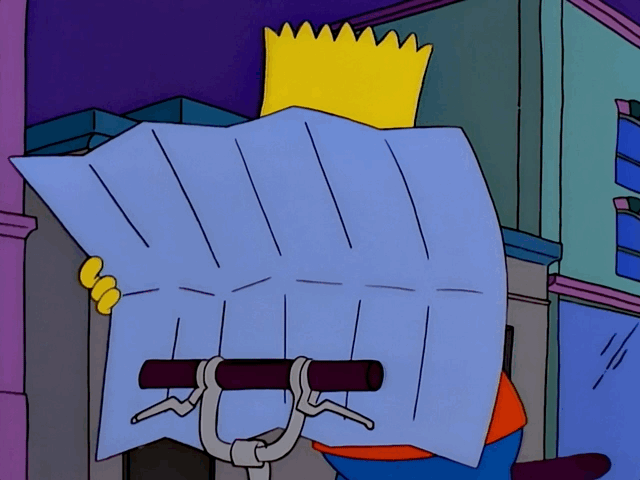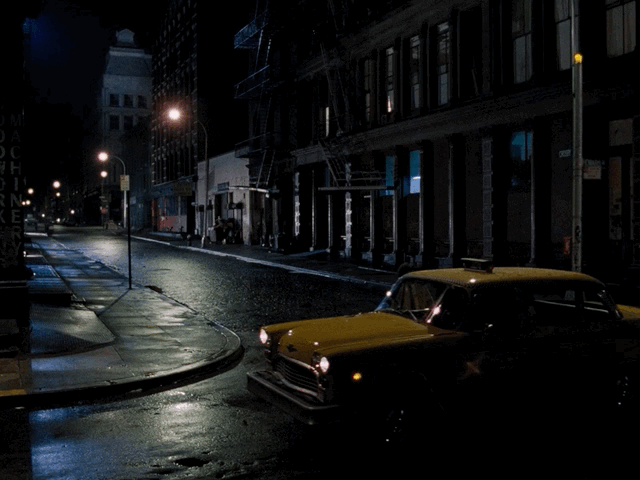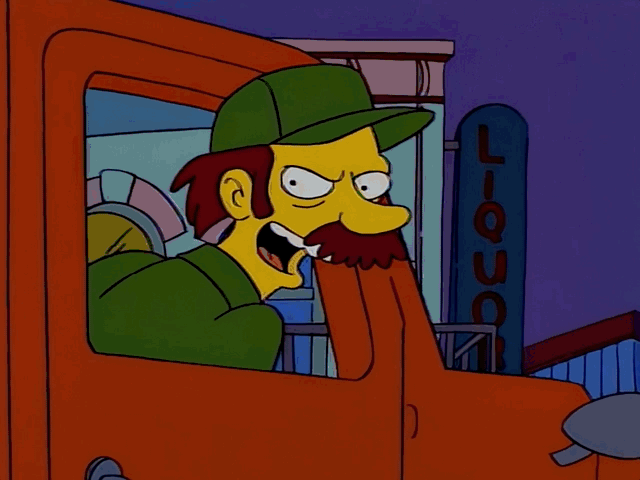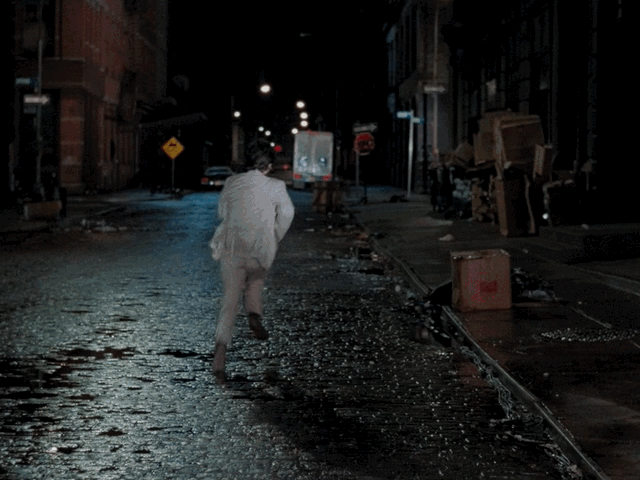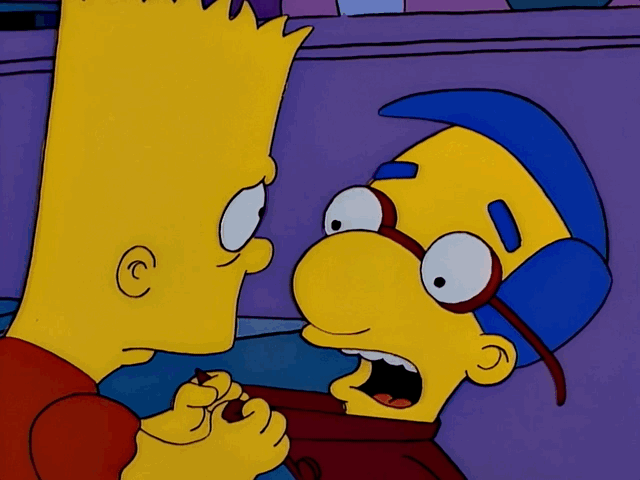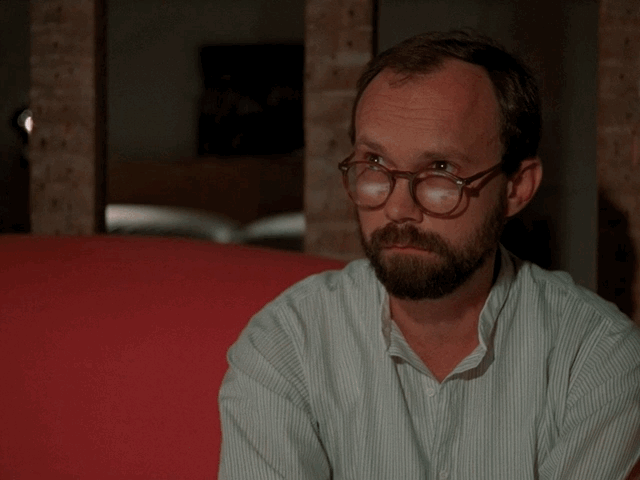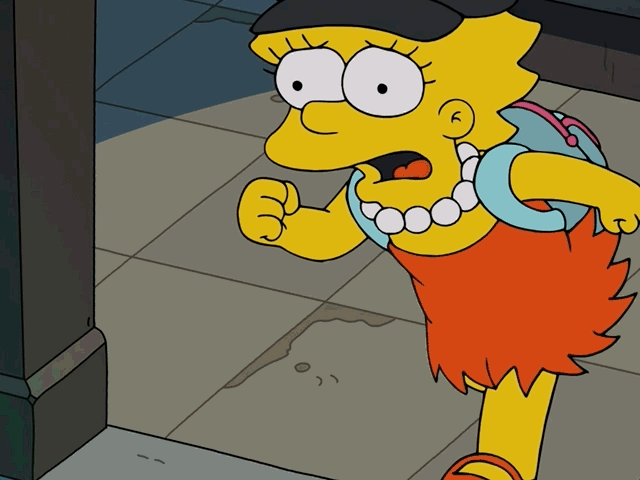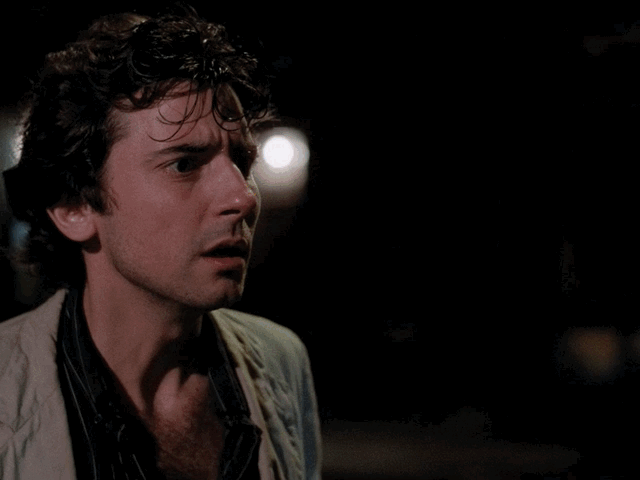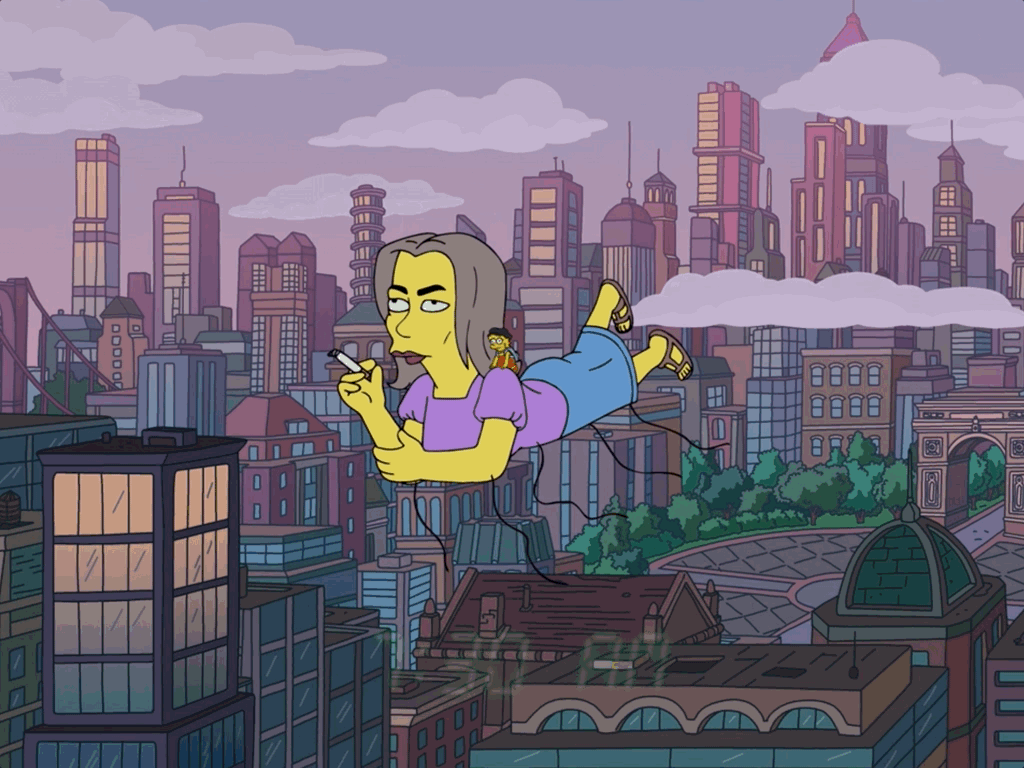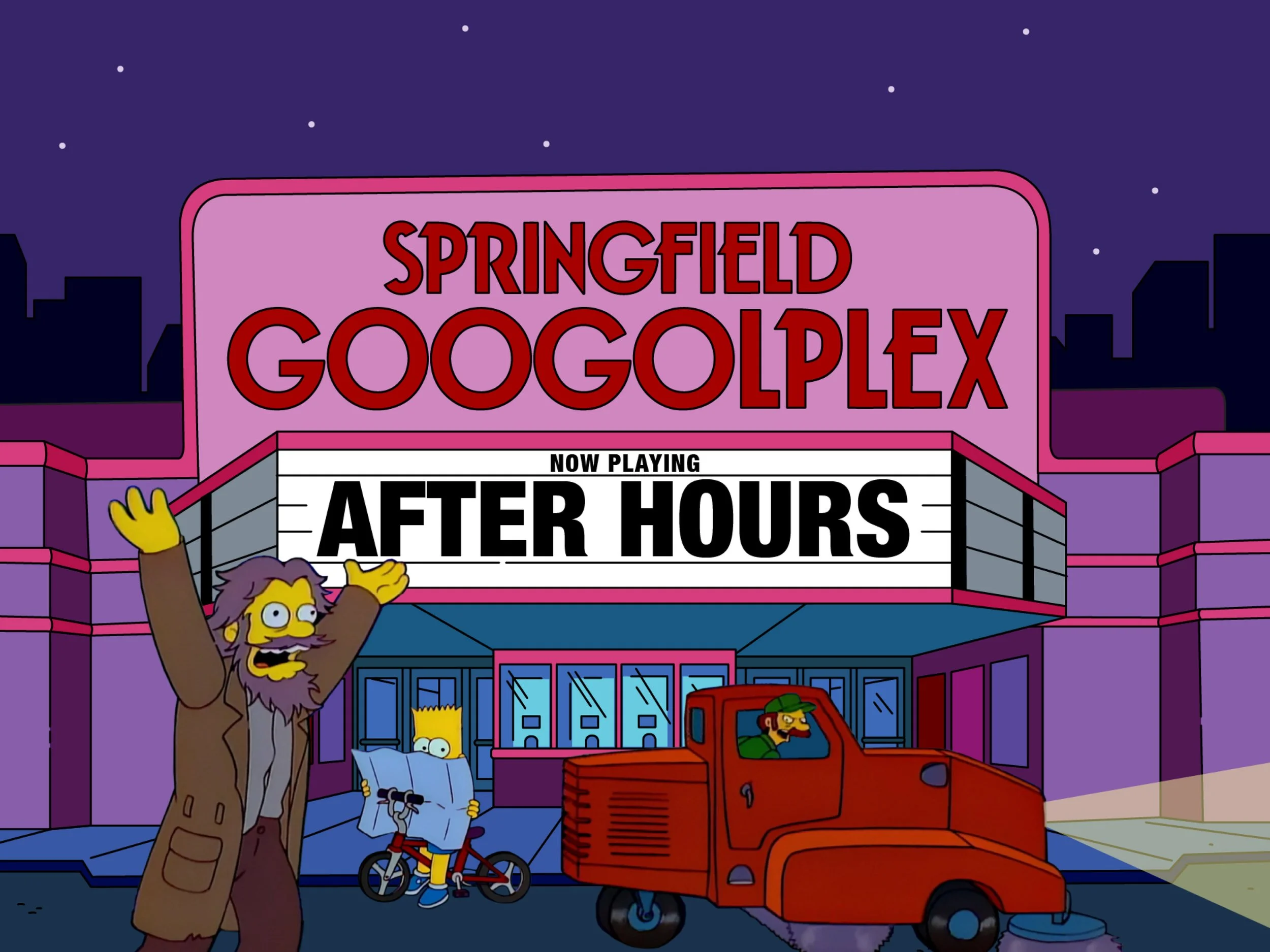After Hours
Adam and Nate debate the virtues of Martin Scorsese’s After Hours (1985) on its 40th anniversary. At least they can agree that “Bart Sells His Soul” (S7E4) is pretty much a perfect Simpsons episode.
Also in this episode:
Uncle Moe’s Family Feedbag and the restaurants that inspired it
Is the dream logic of this movie enticing or frustrating?
The wild and wooly world of 1980s New York
Why does the Comic Book Guy want to buy a little boy’s soul?
Next time, Adam and Nate celebrate our 50th episode with a special look at how Simpsons parodies stack up against the canon of American film!
For more Simpsons movie parody content, follow us @simpsonsfilmpod on Instagram, Bluesky, TikTok, YouTube, and Letterboxd. Discover more great podcasts on the That Shelf Podcast Network.
Every Simpsons Reference to After Hours
By our count, After Hours has been directly referenced once in the first 13 seasons of The Simpsons. The first and only reference appears in “Bart Sells His Soul” (S7E4) from 1995, 10 years after the release of the movie.
Scene References
Bart Sells His Soul (S7E4): The climax of this episode is a parody of After Hours that stretches over multiple scenes, mostly mimicking the tone of the movie, rather than specific scenes. Much like the protagonist Paul Hackett, Bart must get way uptown from the weird SoHo-like are of Springfield.
Along the way, he encounters multiple colorful and menacing characters, including a street-sweeper who runs over his bike and a homeless person who thinks Alfred Hitchcock is stealing his ideas. These mirror some of the people Paul interacts with in his journey, like a Mr. Softee truck driver that leads a mob against him, leather daddies, avant-garde artists, and punks that partially save his head on mohawk night at the club.
Similar to Paul, Bart also desperately asks for help from Ralph and then Milhouse, as he becomes more and more disheveled and deranged throughout the night.
Bonus: A Recent Reference & an Alternate Ending Mystery
Desperately Seeking Lisa (S36E3): Interestingly, nearly 30 years later, The Simpsons revisited After Hours with an episode-long mash-up of “comedies of yuppie angst,” a micro-genre that also includes Desperately Seeking Susan (1985), which was also a clear influence for this episode.
While many little details echo After Hours in this episode, the most direct parody happens when Lisa finds a “wanted” poster of herself on the street before being chased by an angry mob, just like Paul in the movie.
The episode ends with Lisa escaping by floating away on a parade float. Apparently, when Martin Scorsese was trying to come up with an ending for this movie, he showed it to several different filmmakers, and Michael Powell suggested that Paul could escape in a hot-air balloon, where he’d rise above the city.
Ultimately, Marty ended up going a different direction with the ending, but is the ending of “Desperately Seeking Lisa” a reference to this alternate ending, or just a coincidence? Let us know, Tim Long!
Extra Credit
Looking for more like this or an interesting double feature? Here are our recommendations.
From Adam: Cruising (1980), The Taking of Pelham One Two Three (1974)
From Nate: Pee-Wee’s Big Adventure (1985)
On the Watchlist: The Lost Weekend (1945)
Further Reading & Viewing
Article: Jake Malooley, “After Hours takeover edition,“ Expanding Dan, August 16, 2023.
Oral History: Jake Malooley, “After Hours: The Oral History of a Cult Classic,“ Air Mail, August 12, 2023.
Encyclopedia Entry: “After Hours,” AFI Catalog, accessed September 24, 2025.
Recipe: “Blackened Tilapia with Secret Hobo Spices,” Catch of the Week! accessed September 24, 2025.


